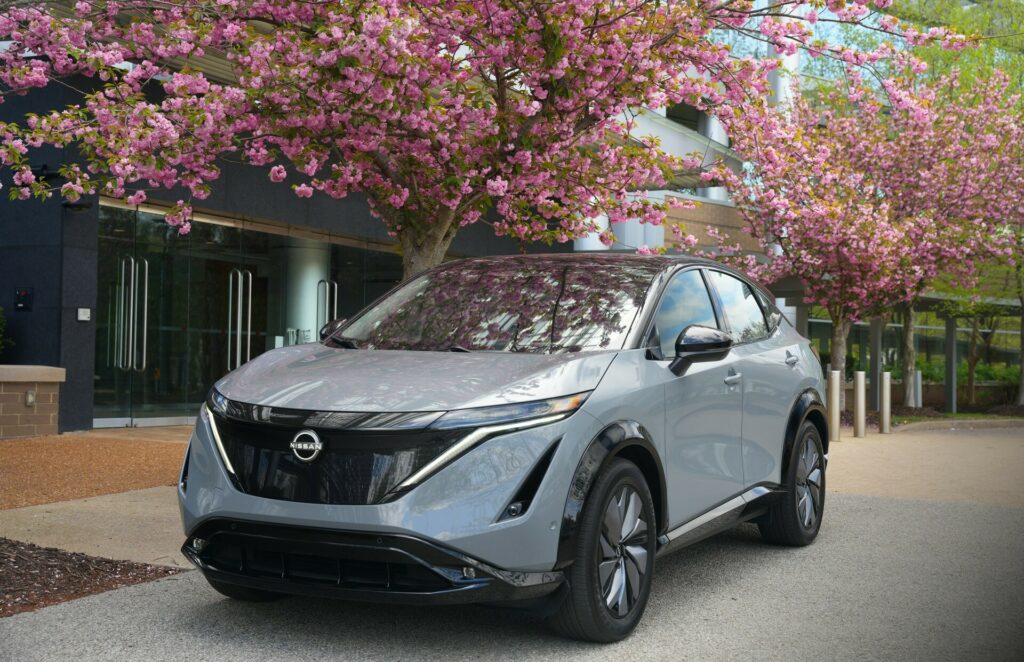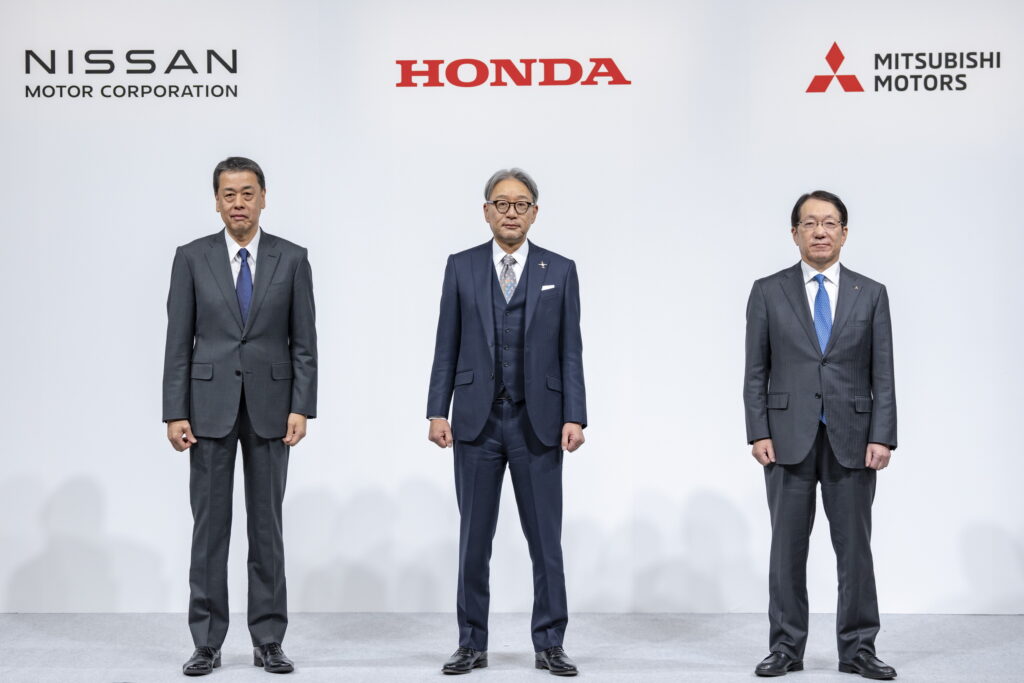- Nissan now faces an uphill battle to triple its profits by 2026 or risk losing Honda.
- Honda’s financial stability highlights the stark contrast to Nissan’s weak earnings outlook.
- Nissan’s cuts haven’t solved its biggest problem, which is struggling to meet sales targets.
The proposed merger between Nissan, Honda, and potentially Mitsubishi has the potential to reshape the automotive industry. However, for Nissan, the path forward is far from straightforward. The company is under immense pressure to significantly increase its profits, an essential step to securing Honda’s commitment to the deal. Without a clear financial turnaround, the merger may never come to fruition.
At a joint press conference last month, the automakers unveiled a graph projecting Nissan’s ambitious goal of significantly increasing its operating profit by August 2026, the tentative timeline for the merger. To hit this target, Nissan will need to rake in approximately 400 billion yen in fiscal 2026—roughly $2.6 billion at current exchange rates.
Read: Ex-Nissan Boss Warns Of ‘Carnage’ If Honda Takes The Wheel
That’s a tall order, especially considering Nissan’s operating profits plummeted by 90.2%, dropping from 336.7 billion yen to 32.9 billion yen (equal to $2.3 billion to $225 million at today’s rates), representing an operating profit margin of just 0.5%. Meanwhile, net income took an even steeper dive, falling 93.5% from 296.2 billion yen to 19.2 billion yen ($2.02 billion to $131 million) in the first half of fiscal year 2024 compared to the same period the previous year.
A Financial Everest for Nissan
According to Nikkei Asia, the combined group aims to generate 3 trillion yen ($19 billion) in annual earnings while establishing synergies worth 1 trillion yen ($6.4 billion). For Nissan, this means contributing around 600 billion yen ($3.8 billion) in profit over the long term. However, if Nissan cannot present a credible strategy to triple its profit by the 2026 financial year, the merger could fall apart before it even begins.
These details come shortly after Honda president and chief executive Toshihiro Mibe put it bluntly, “The integration will not be realized unless Nissan and Honda execute it as two companies that are able to stand on their own feet.”
Honda is in a much better position to do its part. It’s expected to earn roughly 1.42 trillion yen ($9.1 billion) in operating profit during the 2024 fiscal year. By comparison, Nissan recently downgraded its full-year outlook to a measly 150 billion yen (~$950 million). This is a monumental fall of 74% from fiscal 2023 and does not paint a pretty picture for the embattled Japanese automaker.

Production Woes and a Long Road Ahead
Following planned capacity cuts, Nissan will be able to manufacture roughly 4 million vehicles annually. According to company boss Makoto Uchida, Nissan can make a profit if it sells 3.5 million units annually and allows for shareholder returns and growth investments. Unfortunately for the brand, it’s only expected to sell 3.4 million vehicles this fiscal year.
Many terms of the merger still need to be finalized. Nissan and Honda will finalize their share transfer ratio in June, taking into account average stock prices before the memorandum of understanding was signed. Honda’s share price took a battering after the announcement of the planned merger due to fears that Nissan could hold it back.




